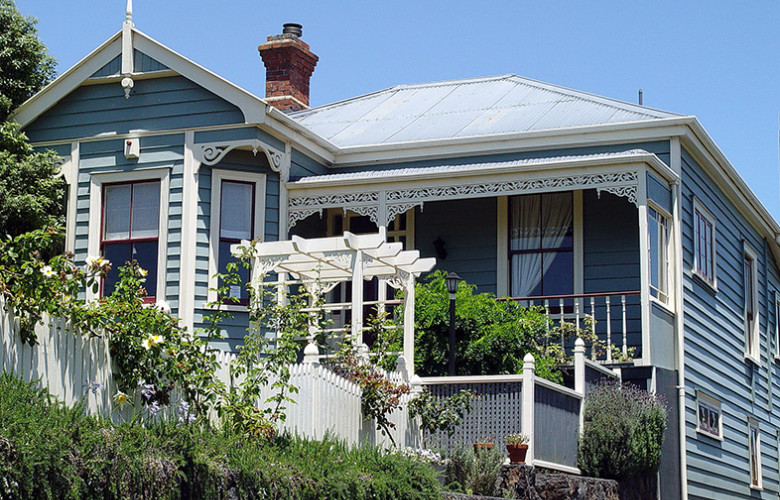What are the pros and cons of buying a second-hand investment property?
Contact
What are the pros and cons of buying a second-hand investment property?
BMT Tax Depreciation has shared some pros and cons to consider when deciding if you should purchase a second-hand investment property.
There are ample options when it comes to deciding what type of property to invest in. One common question investors face when entering the market or growing their portfolio is whether to purchase a new or second-hand investment property.
To help you get to the answer, BMT Tax Depreciation has shared some pros and cons to consider when deciding if you should purchase a second-hand investment property.
The cons
1. Repairs and maintenance
As a property gets older the need for repairs and maintenance is higher. When investing in second-hand property you will need to factor higher maintenance and repair costs within your budget.
Putting safeguards in place prior to purchasing and leasing out the property is key to minimising repair and maintenance costs. Some examples of this include a comprehensive building inspection prior to the purchase, up-to-date condition reports and timely inspections during a tenancy.
2. Potentially lower rental rates
When compared to new properties in the same area, older second-hand properties can sometimes have lower rental rates.
However, this isn’t always the case. Areas that are in high demand can mean all types of rental properties can charge a premium. Second-hand properties that are renovated or unique to others in the area can also hold a higher rate.
3. Lower depreciation deductions
Second-hand properties sometimes hold much lower depreciation deductions compared to their brand-new counterparts.
There are a number of reasons for this. The first being changes made to legislation in 2017 that result in second-hand plant and equipment assets being ineligible for depreciation. The second reason is that capital works deductions are only available for buildings constructed after 15 September 1987.
The pros
1. Affordability
Older, second-hand properties usually hold more affordable price-points than new properties in their area.
This can make second-hand properties a very useful entry point to the market. More experienced investors can also benefit from purchasing a second-hand property to diversify their portfolio.
2. Higher supply
It largely depends on the location, but established properties are usually in higher supply than brand-new.
A higher supply can give you more options for your budget. This can also be beneficial if you have a concentrated investment strategy, with the aim to buy properties within close proximity to each other.
3. Flexibility to add value
A second-hand property can provide the type of opportunity to add value that new properties simply can’t.
New properties have all the shiny and new features, and don’t give you much flexibility when it comes to renovating or making the property fit-for-purpose. Making improvements can also help you boost the long-term capital gain of the property, while also increasing the likely depreciation deductions available.
So, what’s the bottom line?
There’s no right or wrong answer when it comes to deciding what type of investment property to purchase.
The fundamental step is to stay aligned with your own investment strategy and make your portfolio as diverse as it can be. Discussing your options with your investment property team can help you establish your strategy and plan.
BMT find depreciation deductions on every type of property
BMT Tax Depreciation has been the most trusted specialist in the industry for over twenty years. They have completed over 700,000 tax depreciation schedules for all types of residential investment and commercial properties.
Whether the property is new or second-hand, BMT always estimate the likely depreciation deductions before starting any work. This ensures any schedule is worthwhile and will be a beneficial tool for the owner.
BMT provide peace of mind by guaranteeing to find double their fee in the first full financial year deductions, or there will be no charge for their services.
To learn more about BMT and the additional services they offer, call the team on 1300 728 726 or Request a Quote.
Read more from BMT Tax Depreciation:
BMT shares the top three depreciation mistakes
Investors must do this key step before the October 31 deadline





